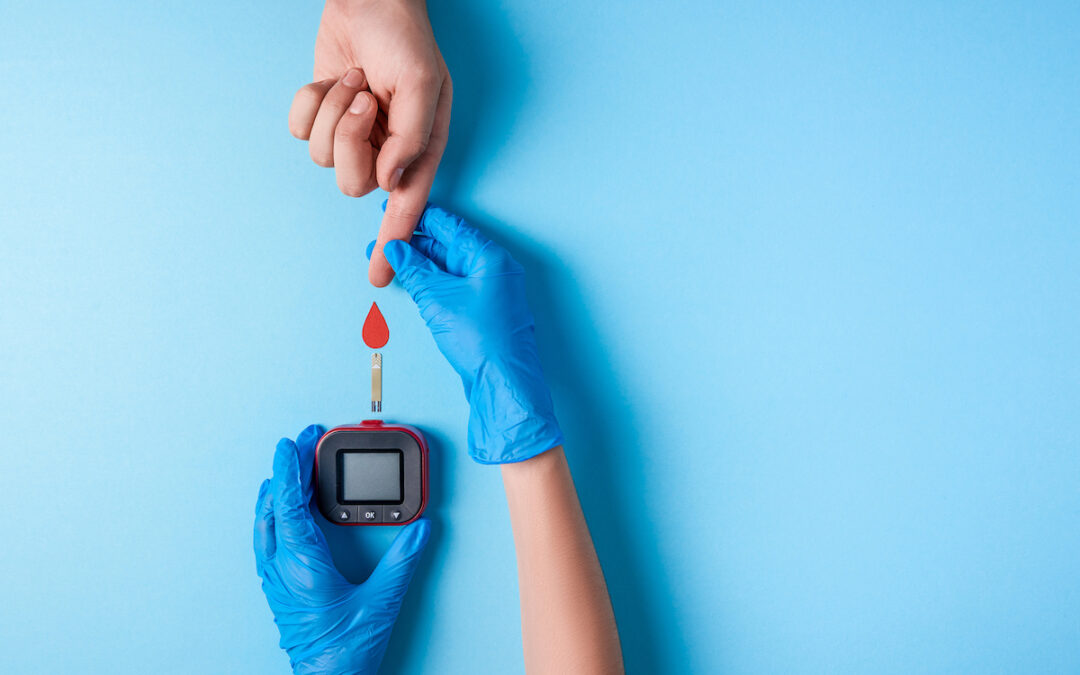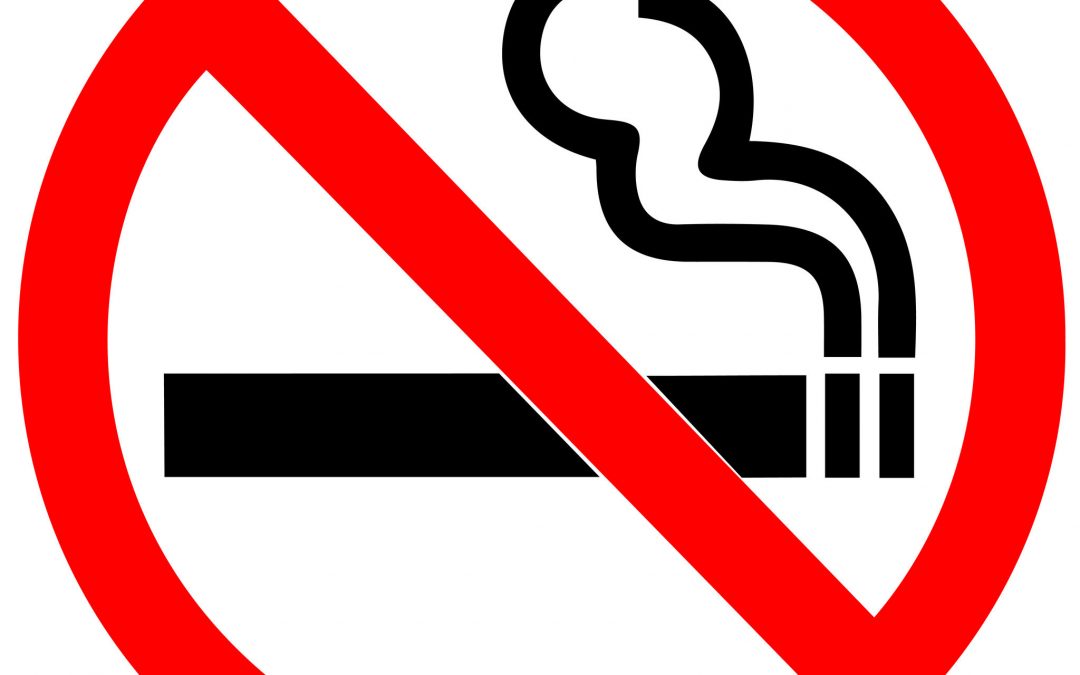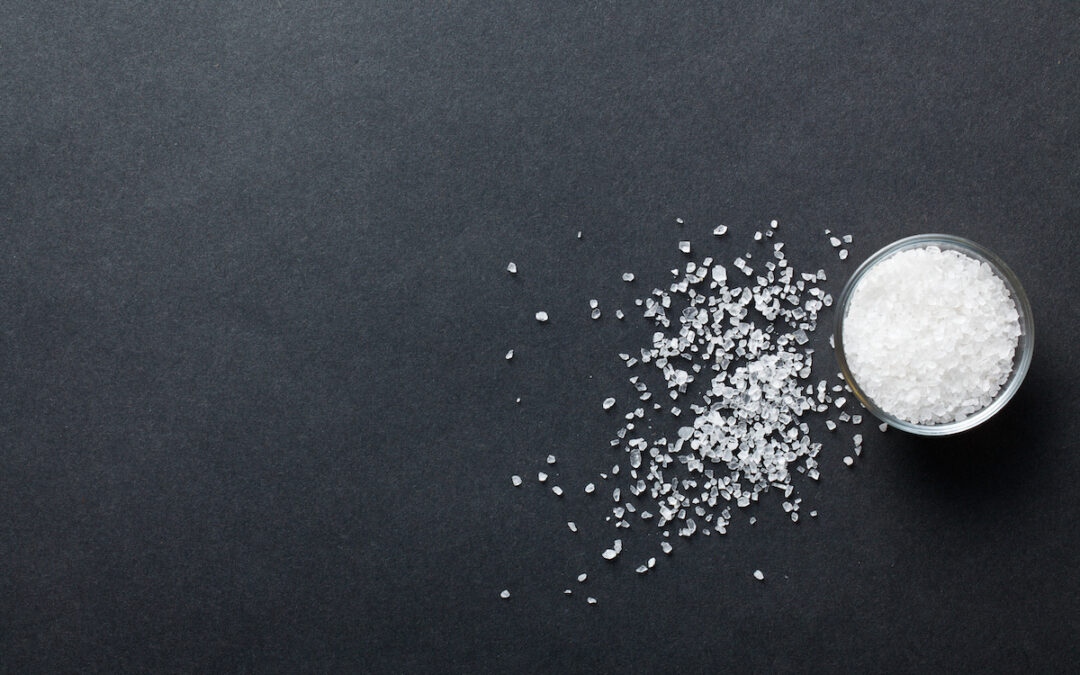by DrCiuffo | Dec 15, 2022 | Blog
When you are enjoying an athletic activity, you will notice your heart beats faster than when you are just resting and reading a book. When you exercise, your body may need three to four times your average cardiac output. This happens because your muscles need more oxygen when you exert energy. So what causes pulse deficit, and what is it? Pulse deficit is when one finds a difference in count between heartbeat and peripheral pulse. So what causes pulse deficit in people? In this blog, we will address what pulse deficit is, its causes, how to take a pulse, symptoms, and treatments. What is Pulse Deficit? Pulse deficit occurs when the heart is contracting, and the pulse is not reaching the periphery. Pulse deficit can be dangerous if not treated properly, this is especially true if heart conditions run in your family. No need to worry because once you know the signs and what causes pulse deficit, you will know to reach out to a doctor to get help for yourself or a loved one. Taking a Pulse If you are wondering if your family member has a pulse deficit, it is important to know how to properly take a pulse. You can begin taking a pulse by putting two fingers on a person’s neck or wrist. When Measuring Pulse in Someone’s Wrist: Have the person’s arm held out straight, with the palm of their hand facing upwards Place your first finger and middle fingers on their wrist, near the base of their thumb Pull out a clock that shows your the seconds clearly, count how many beats you... 
by DrCiuffo | Nov 30, 2022 | Blog
Signs You Could Be Diabetic Diabetes is one of the most common chronic illnesses in the US today. It can lead to heart disease, chronic pain and numbness in the extremities, loss of eyesight, and even amputation of toes and feet if not kept under careful control. Early symptoms are often overlooked. Knowing the signs may help you catch diabetes early and prevent long-term cardiovascular damage. Type I Diabetes Type I diabetes usually comes on before the patient is an adult. In Type I diabetes, the patient’s pancreas simply stops producing insulin. It can result from heredity, infection, or pancreas injury. Typically symptoms are far more severe and develop more quickly than in patients with Type II diabetes. Symptoms when diabetic may include rapid weight loss, lethargy, dehydration, and a significant increase in urination. Type II Diabetes Type II diabetes is far more common than Type I in adults. It may be caused by heredity, the strain excess weight puts on the body or poor eating habits. Type II diabetes symptoms may come on more slowly and be less noticeable at first than the symptoms of Type I. They may include: Frequent urination Chronic, insatiable hunger that returns even after eating Insatiable thirst Dry, itchy, flaky skin due to dehydration Blurring vision Sudden weight loss unrelated to diet or exercise Unexplained fatigue and lethargy Slow healing of cuts or bruises Gum disease Factors that Contribute to Diabetes Certain factors can influence your chances of becoming diabetic. While Type II diabetes is often connected with being overweight, genetics also play a large part. If a parent or sibling is diabetic,... 
by DrCiuffo | Aug 15, 2022 | Blog, Heart Health, Uncategorized
Changes To Make For Heart Disease Prevention There are plenty of myths surrounding heart health, including fad diets, fitness routines, and “miracle” cures that are marketed as a magic bullet against heart problems. The truth is, heart disease prevention takes diligence and a thoughtful approach to diet and exercise, but some basic steps can help protect your heart health for the long term. Smoking Cessation Smokers have some of the highest instances of heart problems and heart attacks of any population. The carbon monoxide in smoke replaces some of the oxygen in your blood, forcing the heart to work harder to deliver enough oxygen to your body. While that is already a large issue, tobacco contains chemicals that can cause plaque buildup in the arteries, leading to a heart attack. Both of these issues can substantially affect your heart’s function, and eventually, help lead to further problems. Smoking cessation can reduce your chances of heart problems significantly. Exercise Though many adults don’t have time in their schedules or the motivation to take on a strenuous exercise program, even a moderate increase in exercise can have an impact on your heart health. At least 30 minutes a day of moderate exercise, like walking at a brisk pace, is great support for your heart. When combined with diet, increased exercise not only increases heart health, it helps raise levels of serotonin, the feel-good chemical, as well as reduces anxiety, depression, and moodiness. Diet The word “diet” has taken on a negative connotation for many. It is not necessary to embrace a lifestyle of starvation and salads to increase your heart health.... by DrCiuffo | Jun 15, 2022 | Blog, Dr. Giovanni B Ciuffo, Recovery
What is Thoracic Surgery Recovery Like? What is thoracic surgery? Any surgery performed with an incision that enters through the chest is considered thoracic surgery, including open-heart surgery. Recovering from thoracic surgery is a long process. The recovery process will depend upon the exact type of surgery you have, the placement and size of the incision, the condition of the individual patient, and the care taken post-surgery. After all of these are considered, the doctors and healthcare professionals can provide the optimal recovery plan for your situation. To understand what it will look like, it is also essential to comprehend thoracic surgery itself. By learning more about thoracic surgery, you can see why the recovery process is such a long process. At the Minimally Invasive and Bloodless Heart Surgery Program, we provide you with the information that makes processes like this less intimidating from the start. There is less worry and more time to focus on reaching your important health goals. What is Thoracic Surgery? According to the Cancer Treatment Centers of America, thoracic surgery often referred to as open-heart surgery, may address a problem with the heart, esophagus, lungs, trachea, aorta, or diaphragm. Open heart surgery poses a significant challenge when it comes to healing. It’s going to take time to get back to feeling your best. It’s common to feel very tired and run down for six to eight weeks following the surgery. Your chest may feel swollen and sore for up to six weeks following the surgery. Most patients with traditional open-heart surgery go home with staples or stitches holding the incision closed while it heals.... 
by DrCiuffo | May 15, 2022 | Blog, Dr. Giovanni B Ciuffo, Heart Health
The Benefit of a Low Sodium Diet Anyone who has a family history of hypertension has heard the term “low sodium diet.” It sounds like a bland way of eating that deprives the eater of flavor and interest in food, but it doesn’t have to be that way. As Americans, we consume a constant stream of processed foods, but given the chance, it’s possible to retrain ourselves to enjoy a wider range of flavors. We are dedicated to helping you find the healthiest opportunities for your body. Starting a low sodium diet is the perfect place to begin that journey. Low Sodium Diet While at first, the idea of reducing one’s salt intake may imply the loss of flavor, the exact opposite is true. In processed foods, salt is used to mask the flavor of chemicals and to replace the natural flavors lost in the cooking and preservative processes. When salt is reduced in our diets, those flavors have a chance to emerge, and our tastes adjust to enjoy the natural flavors in foods once again. Choosing a low-sodium diet isn’t just better for your overall health, it opens up new vistas of enjoyment in your eating that will make you fall in love with food again. If you are looking for ways to incorporate new flavors into your diet as well, this use of less salt can be a chance to try other spices. There are many recipes out there to try that require no salt at all. The key is being open to new experiences and flavors that may replace your desire to use salt in your...


